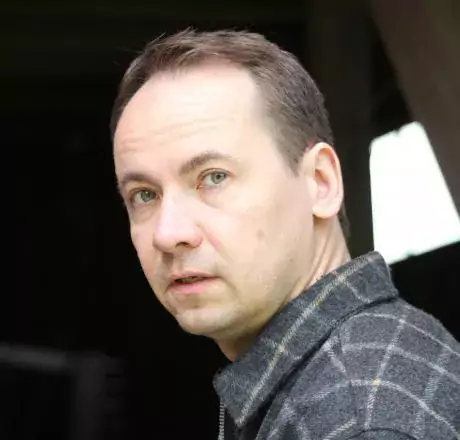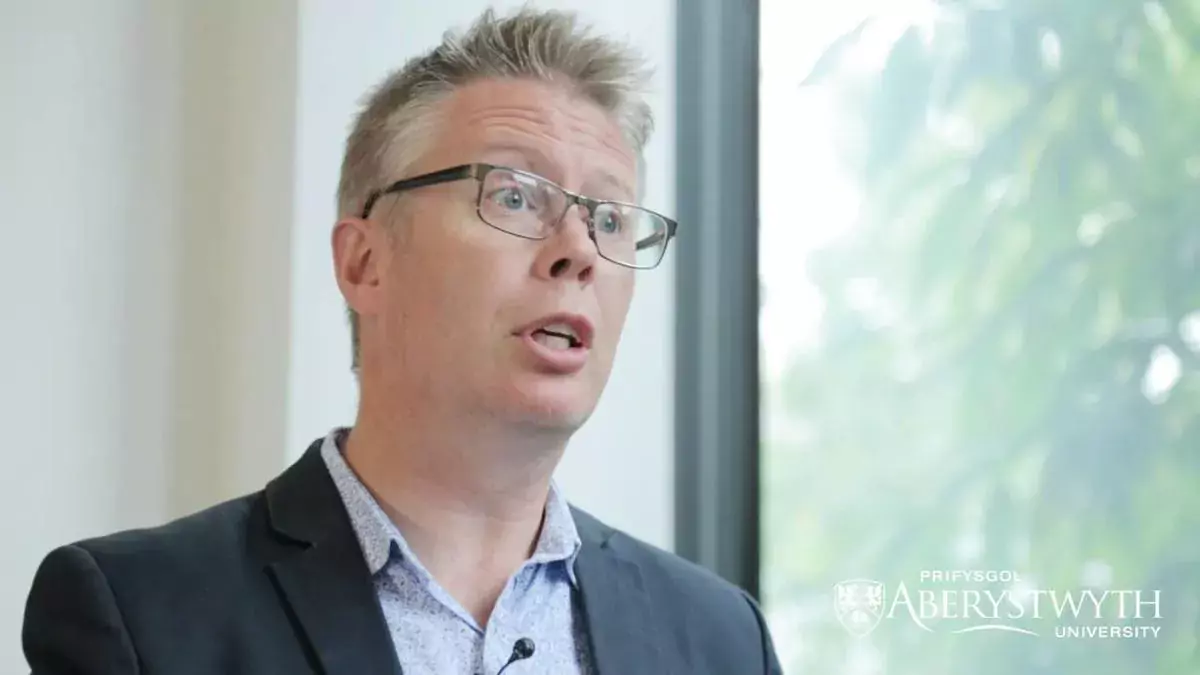Keynotes
Keynote presentation: Governing the future and the search for spatial justice
Recent years have witnessed somewhat of a ‘turn’ or ‘moment’ with civil society stakeholders and governmental organisations of different kinds making concerted efforts to think proactively about how to govern long-term futures. While these developments have been subject to a certain amount of scrutiny, there has been very little critical academic research yet, which has considered the way in which the governance of the future: 1) is emerging as a common object of government in many states and sub-states; 2) is opening up new kinds of engagement between state organisations and civil society; 3) can be a vehicle for developing more inclusive forms of politics and political engagement. The paper discusses these themes empirically in relation to the Well-being of Future Generations Act in Wales (2015), an Act that seeks to envision the (better) kind of Wales that will exist by the year 2050. The paper concludes by discussing the potential and limitations of this kind of development for the promotion of spatial justice.
"My work lies at the intersection between political, historical and cultural geography and focuses in particular on the various geographies of the state and its related group identities. I have addressed the geographies of the state in a variety of contexts, ranging from the various organisational, territorial and cultural changes associated with the state-making process in medieval Wales to the more contemporary processes of territorial and functional restructuring affecting the UK state."
This is a the annual
Keynote presentation: What is next in Physical Geography?
The purpose of the presentation is to shed light on where physical geography may be headed during the coming decades i.e. what perspectives and approaches could be central in the near future. To comprehensively examine the future of physical geography it is important to look at the overall development of the field over the past centuries and explore contemporary perspectives and key themes considering historical developments. To make such an extensive examination possible in one presentation I will conduct the exploration through the scientific work of Alexander von Humboldt (1769–1859) – one of the most prominent scientists of that time. More precisely, I have chosen four topics to reflect on the studies of von Humboldt and connect these topics to contemporary physical geography. The topics are: (i) gradients and zones in natural systems, (ii) interactions, (iii) fieldwork and mapping, and (iv) broad perspectives. I expect these to provide novel insights into physical geography also during the coming decades.
"I’m a Professor of Physical Geography broadly interested in Arctic, boreal and alpine environments. My research interests include geodiversity, permafrost and periglacial processes, biodiversity, physical geography of urban environments as well as spatial patterns of ecosystem services. Methodologically, the main approach is geospatial data-based statistical analysis. I have participated in 14 multidisciplinary projects (PI/Finnish PI in 9 projects). Examples of current research activities include: director of the INFRAHAZARD (Geomorphic sensitivity of the Arctic region: geohazards and infrastructure) research consortium and principal investigator of the GEOBIO (The potential of geodiversity information in biodiversity assessments) project. Moreover, I’m the national correspondent for Global Terrestrial Network for Permafrost and national representative for International Permafrost Association."

